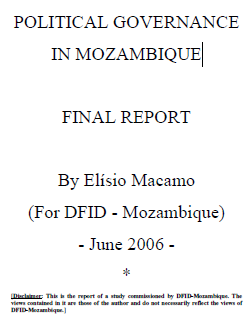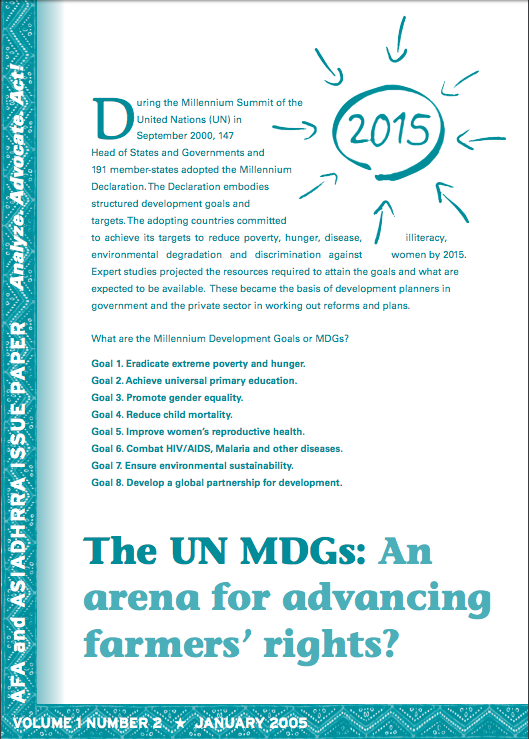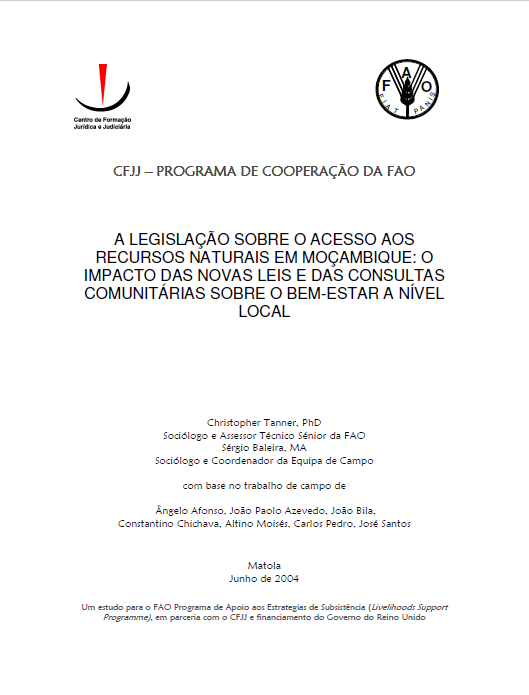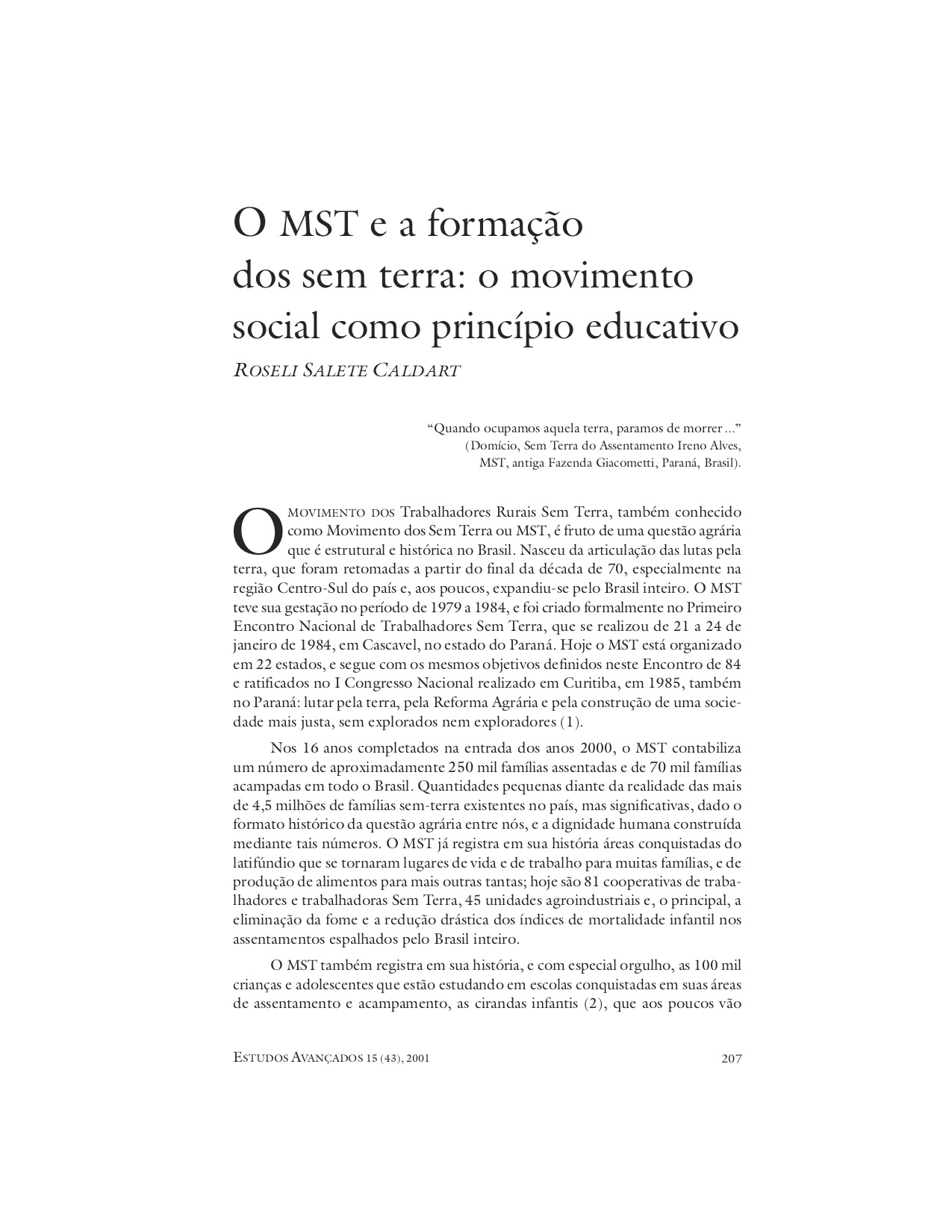Political governance in Mozambique
Mozambique is one of the countries in Africa receiving significant amounts of development assistance. It owes this privileged position to many factors. First of all, after a protracted civil war which lasted from the late seventies to the early nineties, Mozambique’s then Marxist oriented government and the “right-wing” Renamo rebels signed a peace agreement which has since held.









